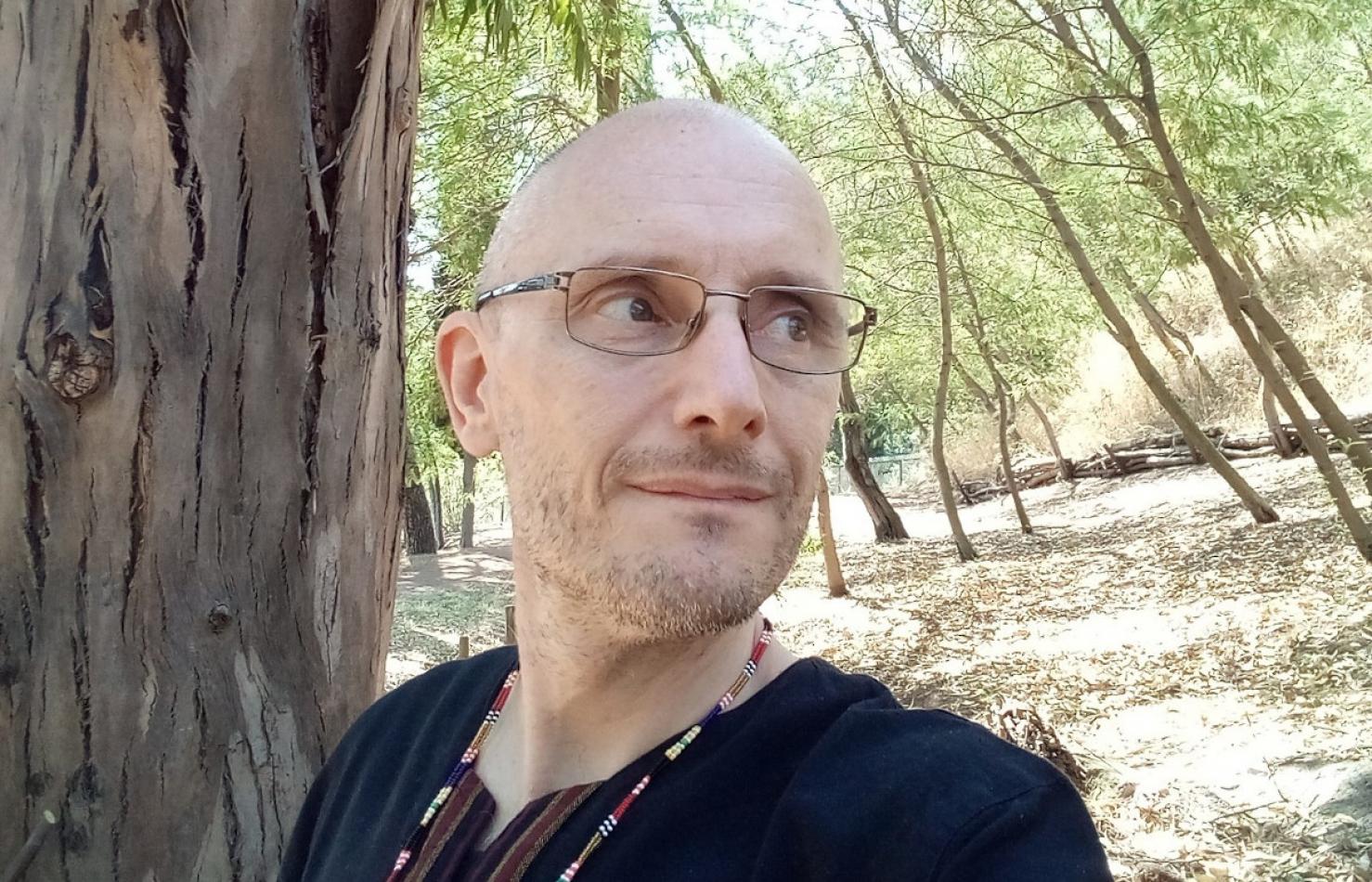Daniel Comboni
Comboni Missionaries
Institutional area
Other links
Newsletter
Saturday, January 22, 2022
At the end of 2020 Pope Francis published his third Encyclical, Fratelli Tutti, on fraternity and social friendship. This social encyclical challenges us as Comboni missionaries and urges us to reflect on our missionary ministry. This space is dedicated to reflections to share various missionary perspectives from each chapter of the Encyclical and insights from the document as a whole. [See the GSM website: combonimission.net].
Listening to Africa and Indigenous Peoples
The Encyclical Letter Fratelli Tutti notes from the outset that we are going backwards from the achievements of the second post-war period. The current processes of globalisation are generating neo-colonial dynamics of cultural invasion, social exclusion and economic exploitation. All this leads to a growing dehumanisation that challenges us as Comboni missionaries. At the heart of Daniel Comboni’s charism, in fact, there is the invitation to Regeneration, a rebirth to life in its fullness, to the full humanisation of persons and peoples. A Regeneration that concerns the wholeness of the person, looking at the mystery of the divine-humanity of Jesus, in whom we recognise ourselves as children of God, all sisters and brothers.
Pope Francis denounces the loss of a sense of community, of the meaning of human life, which cannot be confined to the individual who is increasingly isolated and reduced to a consumer and bystander. Society needs to rediscover deep and meaningful human relationships, a sense of mutual belonging, of communion: to rediscover, that is, those horizons capable of bringing us together in unity. Dialogue with the cultural and spiritual heritage of Africa, and of indigenous peoples in general, is a path that promises the transformation that the world needs today. In the first place, we see it in the experience of Utu – in Swahili, Ubuntu in some Southern African languages – which is about being fully human, authentically human. It is a reality that is difficult to render in Western languages, but which communicates the idea of being in relation, in connection: “I am because we are”, that is, each person owes his or her own being to other people. Utu expresses the experience of communion, of harmony, of being correct and considerate towards others. The reality of Utu is recognised in hospitality, generosity, compassion, friendship, empathy, kindness and service. Indeed, one’s humanity is inextricably linked to that of others. The recovery of a sense of belonging and human communion is fundamental for a social transformation in the direction of fraternity and environmental sustainability, as the apostolic exhortation Querida Amazonia (QA 20) also reminds us. In particular, it calls for “a new social and cultural system which privileges fraternal relations within a framework of acknowledgment and esteem for the different cultures and ecosystems, one capable of opposing every form of discrimination and oppression between human beings”. (QA 22).
As missionaries we are called to create spaces for listening and dialogue with this heritage of indigenous peoples. It seems to us essential to rethink lifestyles, relationships, the organisation of societies and above all the meaning of existence, as Pope Francis invites us to do, and as in QA (22) again clarifies: “Christ redeemed the whole person, and he wishes to restore in each of us the capacity to enter into relationship with others. The Gospel proposes the divine charity welling up in the heart of Christ and generating a pursuit of justice that is at once a hymn of fraternity and of solidarity, an impetus to the culture of encounter. The wisdom of the way of life of the original peoples – for all its limitations – encourages us to deepen this desire.”. Regeneration, the Heart of Christ, humanisation: the Comboni charism calls us to a renewed missionary commitment.




